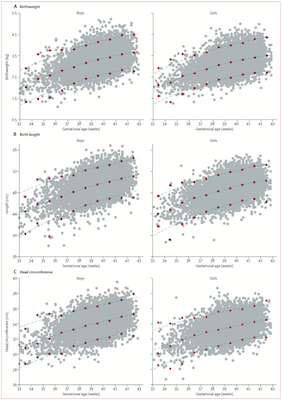Babies have extraordinary instincts upon their arrival just into this world. It just happens naturally. One of these is of the swimming variety as witnessed in this video Underwater Baby Divers. Who knew!?!
The trait we just witnessed in this video is described in this article, Life Science: 5 Incredible Baby Skills, known as:
the "diving reflex," also known as the bradycardic response; also exhibited by seals and other aquatic animals, the instinct may be a vestige of our ancient marine origins.
It works like this: Infants up to 6 months old whose heads are submerged in water will naturally hold their breath. At the same time, their heart rates slow, helping them to conserve oxygen, and blood circulates primarily between their most vital organs, the heart and brain. The survival response keeps accidentally submerged babies alive much longer than adults would survive underwater.
Another astounding video to watch is Babies Swimming, but it is almost 4 minutes long and has uber cheesy music in the background.
A scientific/medically based article is found here: Bradycardic response during submersion in infant swimming
Now these infants aren't engaging in synchronized swimming extravaganzas or anything of that nature, but what they are capable of doing just on instincts is incredible!!! I imagine this is a vestige of a positive evolutionary trait. For example, if an infant slipped into a lake while mother was bathing nearby, etc. etc. etc.
NOW TO MY QUESTIONS:
1. Why do infants lose these instincts around 7ish months?
--- Is it because they are not as vulnerable?
--- Or that they are larger and have more strength and their reflexes don't work the same?
--- Or they simply forget because their minds are being filled with other important pieces of information?
2. If under the watchful eye of a professional trainer, lifeguard, parent, etc., the infant utilized these skills frequently, would they be able to maintain their "diving reflex" beyond the 7ish month period?
To be clear I do not advocate at anytime that these infants have advanced swimming capabilities to swim alone... so never leave a baby or child unattended near a body of water
![<code>[Source][3]</code>](https://i.sstatic.net/OvKcN.gif)
